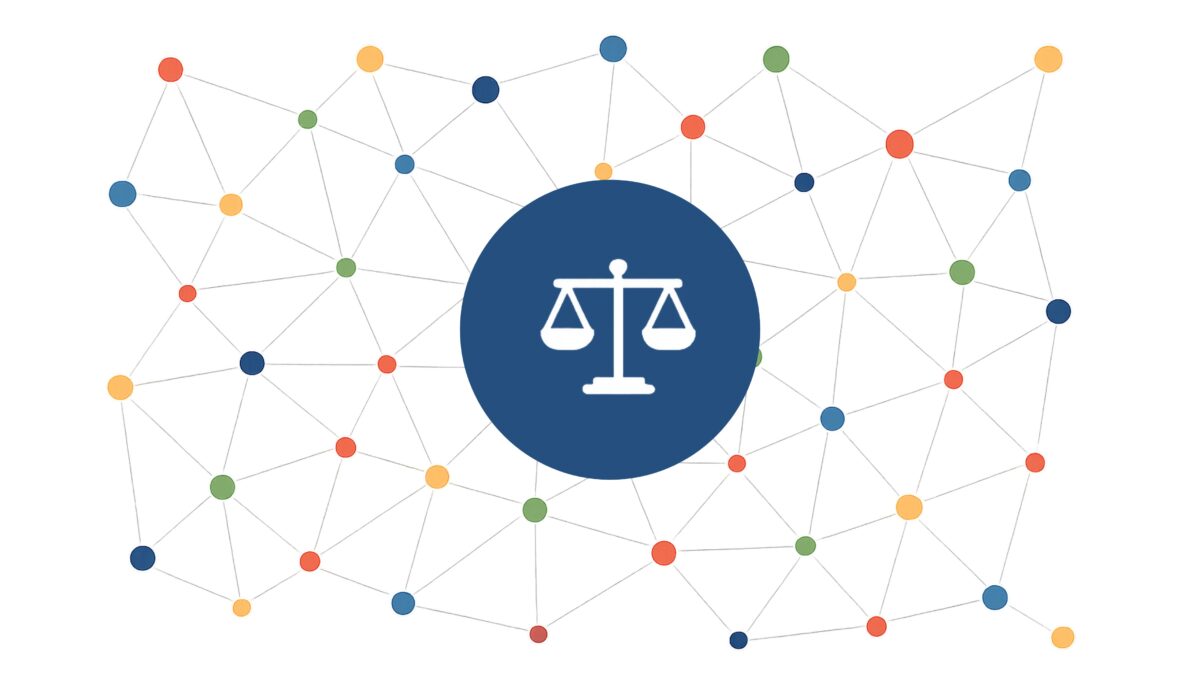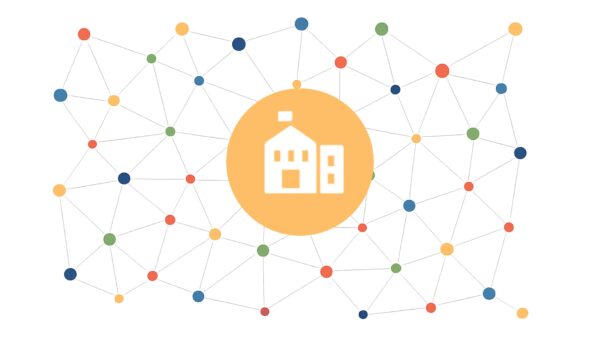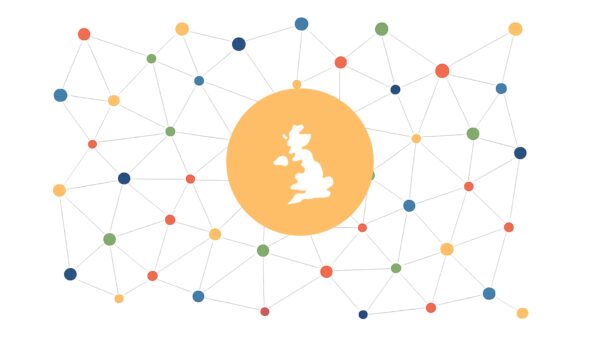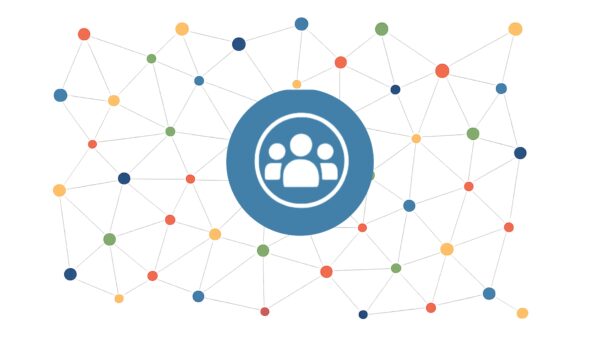As the access and participation sector moves towards a stronger evidence base, the expectation to publish "what works" has increase and with it, the need to ensure our evaluation activities meet ethical research standards.
Historically, evaluation in widening access and participation has often been seen as separate from formal research. Internal evaluation reports were rarely subject to external scrutiny, and ethical considerations, while present in our work with young people were not always explicitly framed within research ethics frameworks. But as the OfS and the wider sector place greater emphasis on publishing impact evidence, it has become clear that the lines between evaluation and research are blurring. And that change demands a more rigorous, intentional approach to ethics.
At Bath, we’ve been navigating this shift by embedding ethical principles into our research and evaluation processes. Here’s how we’re approaching it.
Consent: Building Informed Participation
When working with young people, obtaining informed consent is critical but it’s also more complex than it first appears. It’s not enough to send out a standard information sheet and tick a box. We recognise that students, especially those under 18, may need additional support to fully understand:
- What the research is for
- How their information will be used
- What rights they have to withdraw or decline participation
- That their decision will have no impact on their relationship with the university
We now build in multiple layers of communication; clear, accessible information at the outset; opportunities to ask questions; and reminders that opting out is always an option. Where appropriate, we seek both student assent and parent/carer consent, recognising the additional safeguarding responsibilities involved.
Power Dynamics: Shifting the Balance
In outreach settings, we are often working with young people from underrepresented or disadvantaged backgrounds. It’s essential to acknowledge the inherent power dynamics at play. Students may feel obliged to participate because they see us as authority figures, or may fear that saying "no" could affect their access to future opportunities.
Our approach is to normalise choice. We frame research participation as completely separate from their engagement with our programmes. We emphasise that services, support, and opportunities are available to all students, regardless of whether they participate in a study. And when designing research tools like surveys or interviews, we carefully consider the language, tone, and expectations we set — ensuring students feel empowered, not pressured.
Safeguarding: Beyond Compliance
Safeguarding isn’t just about complying with policie it’s about creating an environment where young people feel safe, respected and protected at every stage of the research process. That means:
- Being clear about anonymity and confidentiality — and where there are limits (e.g., if a safeguarding disclosure is made)
- Training researchers and evaluators in safeguarding principles relevant to working with young people
- Minimising the risk of distress through sensitive question design and voluntary participation
- Having clear protocols in place if a safeguarding issue arises during the research
We work closely with our central safeguarding and legal teams to ensure that our ethical protocols are robust, consistent, and student-centred.
Challenges and How We've Responded
Applying ethical research principles to outreach evaluation has not been without its challenges, particularly because most research ethics frameworks are designed for traditional projects with a single research question. In contrast, our work involves evaluating a wide range of programmes, each with different intended outcomes.
We didn’t want, and realistically couldn’t manage, a separate ethics application for every single outreach intervention. Instead, we developed a system that groups activities by risk category, based on the potential for harm in research ethics terms. This allows us to apply proportionate ethical safeguards: more intensive processes for high-risk activities, and lighter-touch oversight for low-risk ones.
Alongside this, we have a smaller number of more traditional research projects where a specific research question is being answered. For these, the ethics navigation is more straightforward, and we have worked to ensure that each project has a bespoke set of ethical considerations approved individually.
A second major challenge has been navigating the difference between GDPR consent and informed research consent.
Under GDPR, we already lawfully collect student data for purposes such as monitoring and tracking outreach participation using "public task" or "consent" as our lawful basis. This is different from collecting data for research purposes, where informed, voluntary consent is required. Students agreeing to their information being used for programme tracking does not automatically mean they have consented to be research participants.
To address this, we have introduced an additional, specific consent step before students complete evaluation forms, usually during pre- and post-activity surveys. We provide clear information about:
- What their data will be used for
- How anonymity and confidentiality will be protected
- Their right to decline without any consequences for their involvement in activities
Crucially, we have worked hard to balance providing enough information for students to give genuinely informed consent, without overwhelming them with long, legalistic text. Given that many evaluation surveys only take a minute or two to complete, it would be disproportionate to require students to read pages of information first. We have focused on short, accessible consent statements, keeping the process respectful, meaningful, and practical.
This has required careful judgment and iteration, but we believe it strikes the right balance between ethical rigour and student experience.
Why This Matters
Embedding ethics into outreach isn’t just about meeting compliance requirements or enabling publication. It’s about upholding the trust placed in us by the young people, families, and schools we work with. When we ask students to share their experiences, aspirations, and challenges with us, we have a responsibility to handle that process with care, transparency and integrity.
For widening access and participation work in particular, the stakes are even higher. Many of the young people we support come from backgrounds where trust in institutions, including universities, is already fragile. Mishandling research or evaluation could reinforce feelings of exclusion, scepticism, or being "used" rather than supported. Ethical research practices are essential not just for safeguarding individuals, but for safeguarding relationships, community trust, and the long-term credibility of access and participation efforts.
There’s also an equity imperative. Without an ethical framework, research risks amplifying the very inequalities it seeks to address, for example, by unintentionally privileging the voices of more confident students, or by designing processes that are accessible only to certain groups. Ethical considerations force us to ask critical questions:
- Whose voices are we hearing and whose are we missing?
- Who benefits from this research and who could be disadvantaged by it?
By foregrounding ethics, we move closer to genuinely inclusive research, research that listens carefully, recognises lived experience as expertise, and actively works to dismantle, rather than reinforce, systemic barriers.
Finally, building ethical rigour into our evaluation processes strengthens the quality and impact of the findings themselves. Research that is ethically robust is more likely to be methodologically sound, publishable, and respected within and beyond the sector. It allows us to contribute credible, actionable evidence to national conversations about 'what works while ensuring that the ways we generate that knowledge reflect the values of access, inclusion and fairness that underpin our work.
Ethics isn’t a hurdle to research. It’s the foundation that makes research worth doing and worth trusting.



